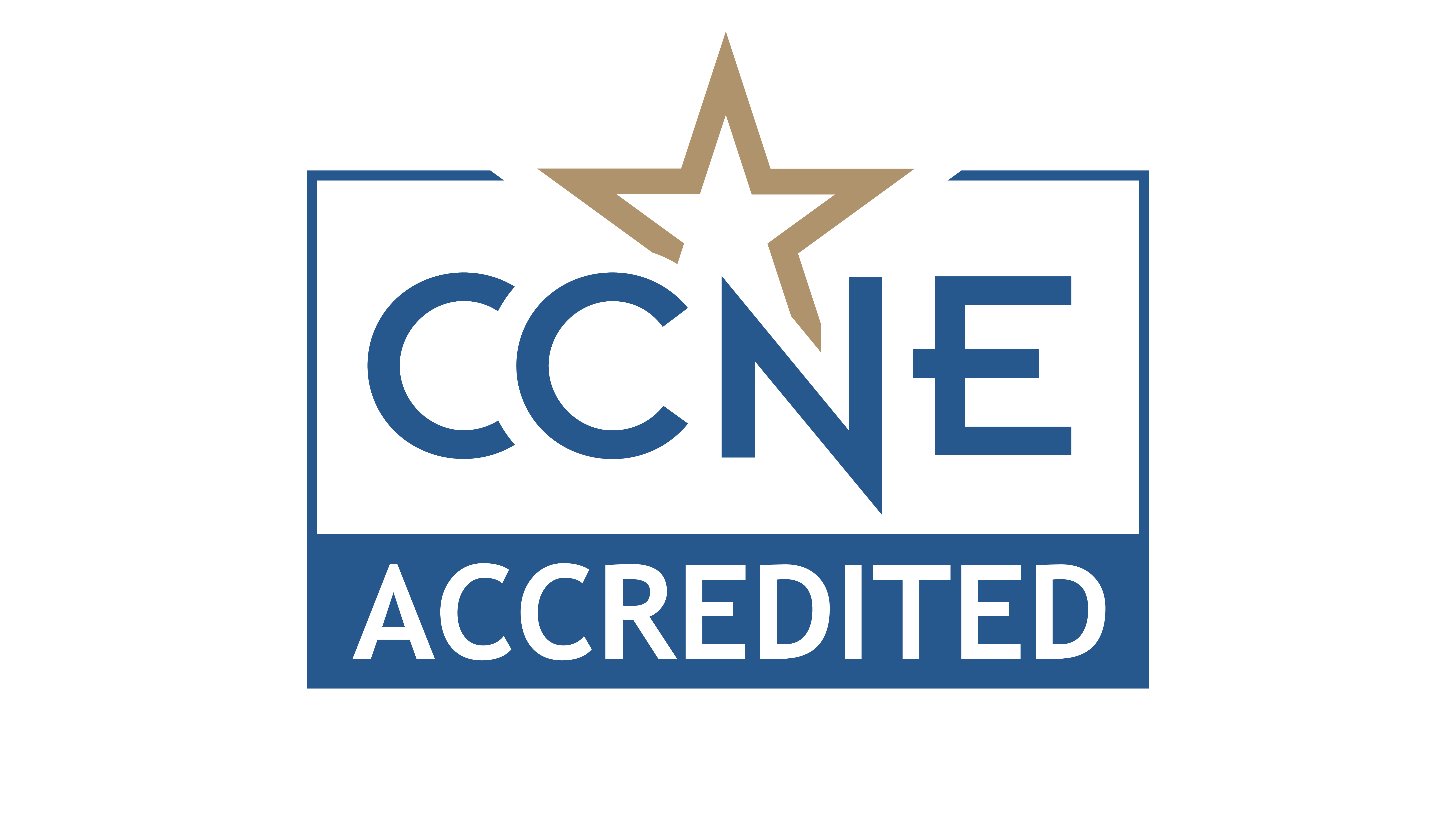La Salle University

Psychiatric Mental Health Nurse Practitioner (MSN)
- Master's Program
- On Campus, Online
What You’ll Learn
The Psychiatric Mental Health Nurse Practitioner Track under La Salle’s Master of Nursing Program prepares students to provide a full range of mental health services to clients across the life span and is available for nurses who hold a Master of Science in Nursing degree.
This specialty emphasizes prevention, diagnosis, and management of both acute episodic and chronic mental illnesses. Although not setting specific, clinical rotations will primarily occur in in-patient, outpatient, and community residential settings.
Why Study Psychiatric Mental Health Nursing at La Salle?
Upon completion, students will become eligible to take the Psychiatric National Certification Exam and seek state certification and employment as an Advanced Practice Registered Nurse with prescriptive authority.
Highlighted Courses
NUR 627 Psychiatric Mental Health Nurse Practitioner Role I
This foundational course introduces students to the roles and responsibilities of the Psychiatric Mental Health Nurse Practitioner (PMHNP) to meet the needs of clients across the lifespan, with focus on vulnerable populations. Legal and ethical guidelines for advanced practice are reviewed. The course also introduces basic competencies in therapeutic communication and conducting comprehensive psychiatric assessments on clients from diverse cultures and across age groups. Students will draw upon diagnostic criteria outlined in the current Diagnostic and Statistical Manual (DSM-5).
NUR 628 Psychiatric Mental Health Nurse Practitioner Role II
This course focuses on treatment models for prevention, intervention, and psychoeducation for selected acute and chronic psychiatric conditions of clients across the lifespan. Students review legal and ethical guidelines for advanced practice, with special attention to vulnerable populations. The needs of clients with co-occurring psychiatric and physical disorders and neurocognitive disorders are also addressed.
NUR 657 Field Study: Psychiatric Mental Health Nurse Practitioner Role I
This course focuses on clinical practice with clients with mental health conditions in accordance with the role expectations and scope of practice of the advanced practice psychiatric nurse. Students apply principles of legal and ethical guidelines for advanced practice by conducting comprehensive psychiatric assessments on clients from diverse cultures and across age groups. Students utilize appropriate assessment tools and protocols to develop primary and differential diagnoses according to the diagnostic criteria outlined in the current Diagnostic and Statistical Manual (DSM-5).
Meet the Faculty
La Salle’s Nursing program educates professionals prepared as leaders in practice, service, scholarship, and education—contributing to the advancement of the health and well-being of communities.
Career Opportunities
The U.S. Bureau of Labor Statistics states that, on average, nurse practitioners earn around $118,000 a year.
Accreditation
La Salle’s BSN, MSN, DNP and APRN post-master’s certificate programs are fully accredited by the Commission on Collegiate Nursing Education (CCNE).

